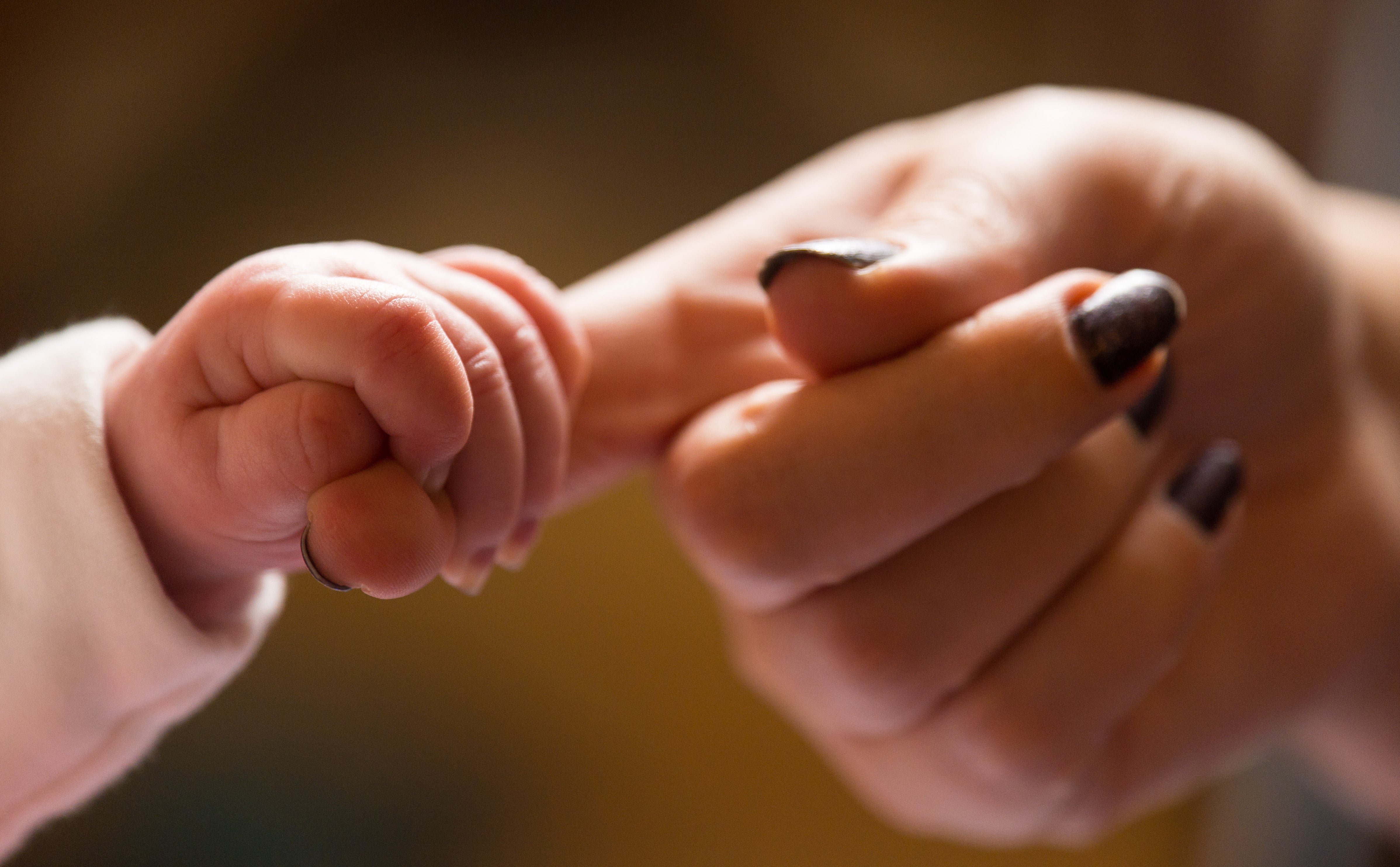Help mothers in prison see their children more to reduce self-harm, charity says
A government-funded pilot is paying for four social worker at two women’s prisons
Your support helps us to tell the story
From reproductive rights to climate change to Big Tech, The Independent is on the ground when the story is developing. Whether it's investigating the financials of Elon Musk's pro-Trump PAC or producing our latest documentary, 'The A Word', which shines a light on the American women fighting for reproductive rights, we know how important it is to parse out the facts from the messaging.
At such a critical moment in US history, we need reporters on the ground. Your donation allows us to keep sending journalists to speak to both sides of the story.
The Independent is trusted by Americans across the entire political spectrum. And unlike many other quality news outlets, we choose not to lock Americans out of our reporting and analysis with paywalls. We believe quality journalism should be available to everyone, paid for by those who can afford it.
Your support makes all the difference.Women’s prisons should have social workers dedicated to supporting mothers to stay in touch with their children in an effort to reduce rocketing levels of self-harm, a charity report has said.
There were nearly 20,000 incidents of self-harm in women’s prisons last year - an increase of 43 per cent on the previous year and a rate that is over ten times higher than in men’s prisons.
With a female prisoner population of under 4,000, it amounts to 17 incidents per inmate, with the rise in incidents driven mainly by the same inmates hurting themselves more frequently.
At the same time, an estimated 17,000 children have a mother in prison at some point each year, and prisons charity Pact is calling on the government to ensure that every women’s prison has social workers working at the estate, who will ensure that mothers can stay in touch with their children.
In-house social workers would be better placed to arrange visits and give mothers access to school reports and other updates on their children, the report said.
While women make up only four per cent of the prison population, they account for thirty per cent of all self-harm incidents, analysis from the Prison Reform Trust showed.

Professor Alyson Rees from Cardiff University, who helped run a pilot scheme for mothers in prison, said: “Social workers in the community often do not know where mothers are imprisoned or how to contact them.” She explained that having a qualified social worker in the prison would help mothers in jail have a contact point to the outside world - helping them to get hold of their children’s school reports, organising admin around visits, among other things.
Researchers said that the equivalent role, if it exists at all in prisons, is currently taken on by prison offender managers.
Andy Keen-Downs, CEO of Pact, said: “Separation from children is one of the major factors driving the deeply worrying levels of self-harm in women’s prisons. Supporting everyone through the process helps to keep the women safe, reduces the likelihood they will reoffend on release and benefits the children on the outside.”
A pilot scheme funding by the Ministry of Justice is being run by the charity and Cardiff University at two women’s prisons, HMP Send and HMP Eastwood Park, to try and help mothers in custody seeing their children more regularly.
Ninety-four mothers were involved in the scheme. Social workers helped 68 per cent of prisoners get a plan in place for seeing their children.
One female prisoner said the help had “made me feel like a mum”. She explained: “You can get lost in the system and you can let everyone do whatever for your kids on the outside. But being involved in all the social services meetings and having school reports - it makes me feel as though I’m doing as much as I physically can...It reminds me that I’m a mum and I need to act a certain way.”
Another prisoner said she felt like she was now a part of her son’s life. “They ask me for permission for stuff,” she said. “My son’s been booked in for the vaccine and they asked the Pact social worker to ask me for my permission. I was like, wow, I felt like a mum for the first time in years.”
One mother who’s son has autism said that the social worker was able to help organise a family room for visits, where they could sit on a sofa, rather than having to talk over a table. “It was lovely, it made such a difference. My son was more at ease. I knew he just felt calmer,” she said.
A Prison Service spokesperson said: “Mothers in custody need the best possible support - which is why we’re piloting dedicated social workers with four already in post.
“But we know more needs to be done, which is why we’ve also hired specialist mother and baby liaison officers in every women’s prison, introduced additional welfare checks and stepped up screening and social services support so pregnant prisoners get the necessary care.”
If you are experiencing feelings of distress, or are struggling to cope, you can speak to the Samaritans, in confidence, on 116 123 (UK and ROI), email jo@samaritans.org, or visit the Samaritans website to find details of your nearest branch.
If you are based in the USA, and you or someone you know needs mental health assistance right now, call the National Suicide Prevention Helpline on 1-800-273-TALK (8255). This is a free, confidential crisis hotline that is available to everyone 24 hours a day, seven days a week.
If you are in another country, you can go to www.befrienders.org to find a helpline near you.
Join our commenting forum
Join thought-provoking conversations, follow other Independent readers and see their replies
Comments